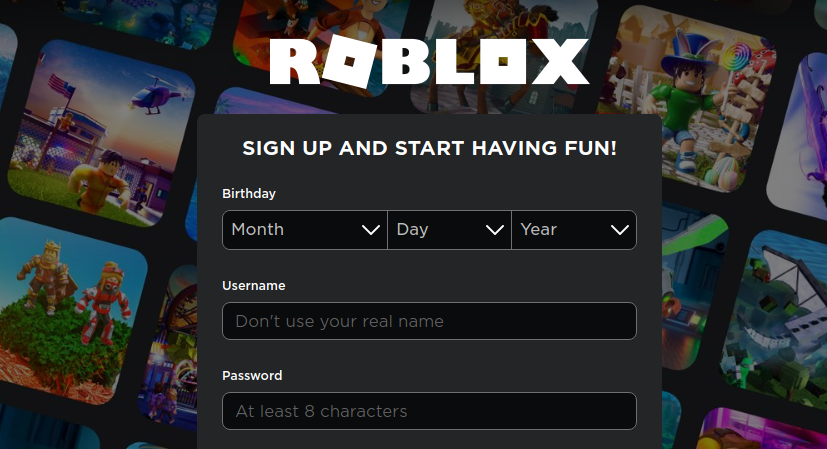'Roblox' Accused of Selling in-Game Items and Then Deleting Them Without Refunds
Published June 1 2021, 11:50 a.m. ET

If you told gamers while they were squashing goombas in all the glory of an 8-bit wonderland that companies would somehow find a way to charge you extra even after you bought a game, they'd probably tell you to take a hike because they had a princess in another castle to save.
But digital items are a big, big business, especially in initially free-to-play titles like Roblox. And while this phenomenon doesn't look like it's going anywhere, it's also the reason why the popular game is being sued.
Why is 'Roblox' being sued? For digital theft, essentially.
Let's say you bought an iPhone with the money you earned from playing video games online that people, for one reason or another, pay to watch you do. You use the phone on a daily basis while spending too much time on the toilet ogling other people's accomplishments, and snapping photos of yourself where you're trying not to look depressed.
But then you wake up one morning and notice your iPhone is gone, only to learn that Apple snuck inside your house when you weren't looking to just toss your phone in the garbage.
This is basically what Roblox is being sued for. A Michigan girl and her father are suing the game company for deleting the "digital pajamas" they had purchased for her to use virtually.

What makes Roblox unique is that it really isn't just a single game; it's more of a block-themed ecosystem with a huge user base of gamers that are predominantly under 16 years of age. This ecosystem is comprised of millions of user-generated experiences, modes, and even digital accessories designed, promoted, and sold from fellow Roblox users.
These digital accessories are paid for with Robux, which, I'm pretty sure, could surpass Bitcoin as the world's leading cryptocurrency should the company ever decide to make it an openly traded commodity outside of the game's virtual marketplace.
The company behind Roblox takes 30 percent of Robux transactions, including the sale of these digital items and special features that players want to buy from other gamers.
The lawsuit being served by the young girl's family is alleging that the items that were removed from her inventory without warning didn't contain any type of copyright material nor did they infringe on any trademarks that would stop them from being sold in the Roblox marketplace.
The case also goes on to accuse Roblox of predatory practices, as it knows the majority of its user base are children.
Lily Hough, who is prosecuting the case against the gaming company, states as per Business Insider, "[The company's] decision to sell first and 'moderate' later has [an] obvious monetary benefit for Roblox. By the time defendant has deleted items from the Avatar Shop and users' inventories, it has already taken its 30 percent commission from the sale."
Her statement continues, "The result is a win-win for Roblox. Removing content that may on its face violate the platform's policies earns Roblox the appearance of content moderation, while dovetailing with Roblox's financial interests. The scheme allows Roblox to deflect blame for deleting users' content without issuing refunds, forcing users to make new purchases to replace their in-game experience."
So 'Roblox' is essentially being sued for its scattered refund policy. Is 'Roblox' adding refunds?
One of the challenges of offering third-party experiences for Roblox gamers is monitoring how transactions are handled. While Roblox gets its 30 percent cut for the sales that take place on the platform, the company states on its website that refunds for said third-party digital sales cannot be processed by the business at large.
"Whenever possible, we work with parents and customers directly as part of our permissive refund policy to provide a refund for unauthorized purchases. However, some third-party payment processors require refunds to go through their support services and Roblox is unable to refund charges for those providers."